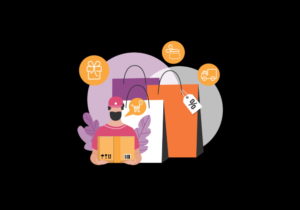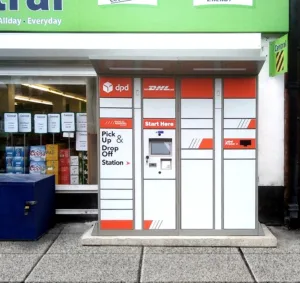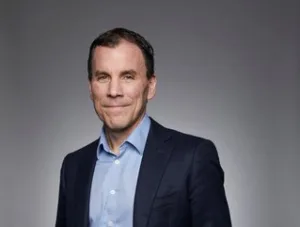Ben Little, Founder and Director, Fearlessly Frank, takes a look at the seismic shifts we can expect over the coming year, trends that will all have a significant impact on the digital economy.
Transport: Scooter Armageddon
2018 was the year that transport was redefined. 2019 is the year that we see in-market manifestations of the technologies that have redefined the industry. Not only through electric and self-driving cars, but also innovative public transport solutions like the electric scooter and the first hyperloop tunnel opening.
Personal finance: The year of David
With nearly 3,000 bank branches shutting down since 2015 in the UK, the incumbent banks are slowly but surely losing ground. With the advent of open banking, underdogs like Monzo and Revolut, which provide customer-centric digital experiences, will grow and become mainstream consumer solutions to banking in 2019.
Wellness: Nutritional body hacking
2019 is the year of wellness. It is now said to be worth over $3.72 trillion, representing more than 5% of all global economic output. (1) We believe the following three trends are the ones that will make the most significant impact on the consumer market, including alcohol-free, CBD and meat-free.
Nowadays, you can’t open the news or social media without seeing some mention of wellness. More than ever, consumers are focused on wellbeing, both personal and community-led. This has resulted in the wellness industry being one of the world’s fastest-growing, most resilient markets. It is now said to be worth over $3.72 trillion, representing more than 5% of all global economic output.
This macro trend has manifested itself into the numerous consumer trends we saw rise in 2018 and will be bigger than ever in 2019. We believe the following three trends are the ones that will make the most significant impact on the consumer market.
Alcohol-free: The last hangover
The most visible behavioural manifestation of wellbeing is the sharp drop in drinking among the younger generations. Alcohol consumption globally has been on a consistent decline for 5 years, falling by as much as 1.3% per year. For example, in the UK, a recent study showed that nearly 30% of 16-24 year olds abstain from alcohol. This percentage increase from 18% in 2005 to the staggering figure we see today.
CBD: The new avocado toast
Historically, consumers have used substances like alcohol as a means to wind-down and for entertainment. With the decline of alcohol consumption and the rise of the wellness industry, there is a movement to seek out alternative outlets for relaxation. As a result, the global ‘alternative and complementary medicine’ market has been growing at a CAGR of 18.1% with no signs of slowing down. This is further exemplified by the significant rise in the CBD markets, which is currently generating $600 million in annual revenue, but is predicted to grow to $22 billion in 2022.
Meat-free: The demise of the burger
The rise of the wellness industry isn’t just about individual wellbeing, but also about impacting the wider environment. In part, this manifests itself through greater consumer concern for the negative effect of the meat production industry. This has resulted in an increasing adoption of meat-free products and plant-based diets, which is demonstrated by the 22% increase in sales of meat-free foods between 2013-2018. And, this is just the start. Growth is set to continue as value sales of the meat-free market are forecasted to increase by a further 44% by 2023 to reach £1.1 billion. (4)
*Fearlessly Frank is a client of Bluestripe Media










